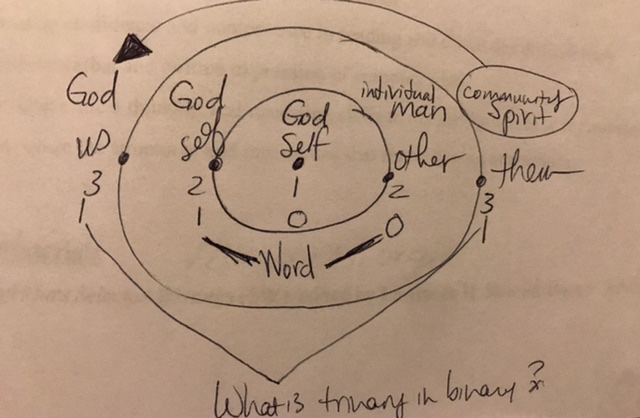David Brooks in the NYT:
nytimes.com/2022/05/19/opin … -wars.html
A commentary on the “one of us” vs. “one of them” morality mentality:
[b]'I’m a fan of FiveThirtyEight, a website that looks at policy issues from a data-heavy perspective, but everyone publishes a clunker once in a while. In February, FiveThirtyEight ran a piece called “Why Democrats Keep Losing Culture Wars.” The core assertion was that Republicans prevail because a lot of Americans are ignorant about issues like abortion and school curriculum, and they believe the lies the right feeds them. The essay had a very heavy “deplorables are idiots” vibe.
'Nate Hochman, writing in the conservative National Review, recognized a hanging curve when he saw one and he walloped the piece. He noted that “all the ‘experts’ that the FiveThirtyEight writers cite in their piece are invested in believing that the progressive worldview is the objective one, and that any deviations from it are the result of irrational or insidious impulses in the electorate.”
‘He added: “All this is a perfect example of why the left’s cultural aggression is alienating to so many voters. Progressive elites are plagued by an inability to understand the nature and function of social issues in American life as anything other than a battle between the forces of truth and justice on one side and those of ignorance and bigotry on the other.”’[/b]
And, come on, let’s be honest: there is an equal and opposite rendition of this from the conservative end of the political spectrum. As though in castigating the liberals for expecting citizens to be “politically correct” about moral/value voter issues, the conservatives don’t have their own “my way or the highway” mentality.
[b]'But over the last few decades, as Republicans have been using cultural issues to rally support more and more, Democrats have understood what’s going on less and less. Many progressives have developed an inability to see how good and wise people could be on the other side, a lazy tendency to assume that anybody who’s not a social progressive must be a racist or a misogynist, a tendency to think the culture wars are merely a distraction Republican politicians kick up to divert attention from the real issues, like economics — as if the moral health of society was some trivial sideshow.
Even worse, many progressives have been blind to their own cultural power. Liberals dominate the elite cultural institutions — the universities, much of the mainstream news media, entertainment, many of the big nonprofits — and many do not seem to understand how infuriatingly condescending it looks when they describe their opponents as rubes and bigots.'[/b]
Of course, here things do get tricky for some. After all, anyone here who doesn’t believe that America mass-produces “rubes and bigots” by the boatloads [along with boatloads more addicted to pop culture, mindless consumption and social media bullshit] isn’t paying attention.
Well, of course, if “I” do say so myself. And while liberals may dominate in regard to “cultural institutions”, let’s not forget that in the news department talk radio along with Fox News are truly powerful forces for spreading the MAGA mentality across the land.
‘The fact is the culture wars are not a struggle between the enlightened few and the ignorant and bigoted masses. They are a tension between two legitimate moral traditions. Democrats will never prevail on social issues unless they understand the nature of the struggle.’
Conflicting goods! At the intersection of identity, value judgments and political economy. And the part those like Brooks steer clear of: crony capitalism, the deep state owned and operated by Wall Street and K Street.
‘In the hurly-burly of everyday life, very few of us think about systemic moral philosophies. But deep down we are formed by moral ecologies we are raised within or choose, systems of thought and feeling that go back centuries. We may think we are making up our own minds about things, but usually our judgments and moral sentiments are shaped by these long moral traditions.’
Dasein! Rooted in historical and cultural contexts that do indeed go back centuries.
Brooks then goes on in his “essay” to explore all of this rather…academically?
You decide.
